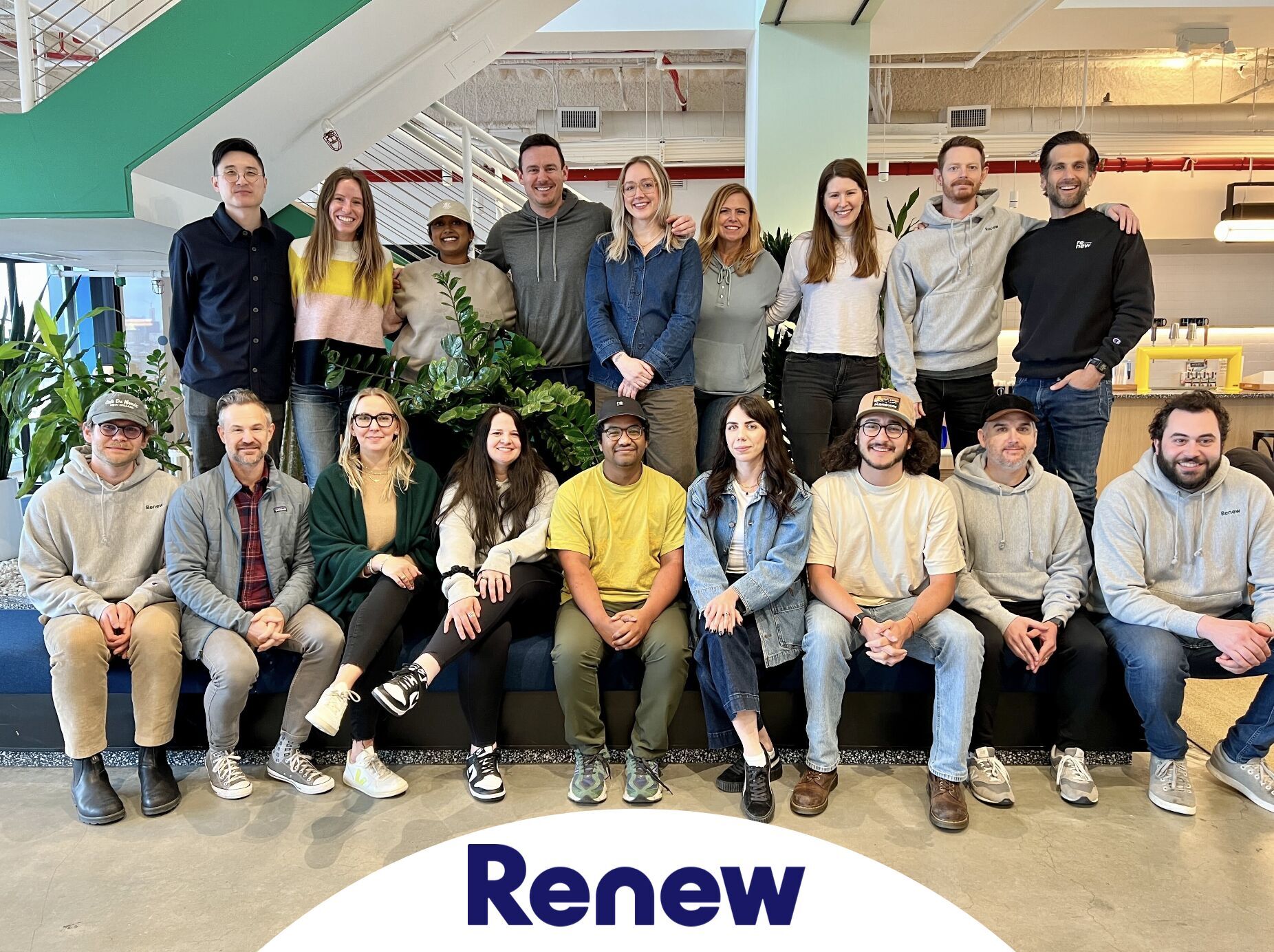In an industry where leasing churn has long been treated as an inevitable cost of doing business, Renew is making a bet: what if that churn could become a competitive lever instead of a hemorrhage? With a freshly closed $12 million Series A round led by Haymaker Ventures and backed by Goldcrest Capital, Upfront Ventures, and several existing customers, the New York–based startup is now pushing to transform the way rental housing operators think about renewals and resident loyalty.
The Renewal Moment Reinvented
Landlords, operators, and property managers have long accepted the attrition of nearly half their residents every year as a baseline cost. That loss translates into billions in vacancy loss, re-leasing expenses, and marketing costs. Meanwhile, renters face rising rents, limited choices, and a cumbersome renewal experience. Renew’s thesis is simple: tenants often don’t leave renting — they leave the relationship, the experience, or the opportunity.
Renew’s platform is built around what it calls a “connected resident retention ecosystem”, combining multiple modules:
Renewal Management System (RMS): Automates the end-to-end renewal workflow, ensuring offers are timely, compliant, and transparent — freeing site teams from tedious follow-up and giving renters clarity.
Renew Data Engine: Aggregates portfolio-level churn signals and renewal trends, enabling operators to shift from reactive to predictive management.
Renew AI: Customizes offers, optimizes timing, and responds to operator queries in real time.
Renew Marketplace / Referral Network: The centerpiece of Renew’s new push — a network that enables in-portfolio transfers and cross-portfolio resident referrals. Essentially, departing tenants become potential leads for other properties.
Revenue Ecosystem: Monetizes the critical “stay-or-go” moment by embedding services and rewards that benefit both operators and residents.
Rob Hayden, co‑founder and CEO of Renew, offers a telling insight:
“In 2024, NMHC Top 50 operators piloting Renew uncovered that many departing residents weren’t leaving renting — they were relocating outside their portfolio’s footprint. Instead of treating those move‑outs as lost business, lead‑sharing turned them into opportunities — delivering a better resident experience and creating an entirely new revenue stream.”
In early deployments, Renew claims that its platform shrunk the renewal decision window significantly. As Mark Juleen, COO of J.C. Hart Company, put it:
“What used to take an average of about 45 days is now down to 10–15 days for residents to make a decision.”
From Pilot to Scale
Renew launched in 2021, co‑founded by Hayden and Kevin Murphy, after observing a fundamental imbalance: operators were losing too many tenants, and no existing platform centered renewal itself as a strategic touchpoint. Its seed funding round, disclosed in 2023, brought in over $8 million, with backing from Upfront Ventures, Goldcrest Capital, Allen & Company, and others. The new Series A funding is explicitly earmarked for scaling operations and activating the Resident Referral Network.
One of Renew’s early adopters, Lantower Residential, rolled out the platform across more than 9,000 units after a pilot showed improved decision velocity. For Lantower, the value was immediate: the operator could better forecast occupancy, reduce vacancy loss, and retain residents within its portfolio. Rob Hayden sees this as proof of concept.
A Critical Look & Forward View
While Renew’s vision is bold and its value proposition clear, a few caveats merit attention:
Integration complexity: To deliver its connected experience (RMS, data engine, AI, marketplace), Renew must integrate seamlessly with property management systems (PMS), leasing workflows, credit/fraud systems, and on-site operations. Even small friction or data gaps in real estate software stacks could slow adoption.
Network effects and scale: The success of the referral marketplace will depend heavily on scale and density of operators participating in overlapping geographies. A tenant who leaves Dallas may not be useful to a portfolio in Tampa unless a large, national network is built.
Data quality, privacy, and trust: Predicting churn and matching departing tenants to new properties requires sensitive behavioral and credit data. Maintaining resident trust, respecting privacy, and ensuring compliance will be paramount.
Competitive pull & incumbents: The real estate software space already includes lease management, CRM, and retention modules (for example, large property management platforms may build their own retention tools). Renew must demonstrate that its end‑to‑end retention approach is sufficiently differentiated.
Editorial Perspective & Market Outlook
The housing sector — especially rental housing — is undergoing a subtle but powerful shift: operators are realizing that growth can come not just from new leases but from locking in existing tenants. Renew is positioning itself squarely at that inflection point, treating the renewal moment as the most strategic moment in a tenant’s lifecycle.
If Renew can pull off its thesis — seamlessly integrating across systems, creating meaningful referral pipelines across portfolios, and improving operator analytics with resident behavior models — it could redefine how leasing, marketing, and retention are done in multifamily real estate. Its ability to turn churn from cost to asset is precisely the kind of lever that scale investors like Haymaker Ventures look for.
However, execution risk is nontrivial. The go-to-market challenge will test how fast real estate operators, often slow-moving and risk-averse, will adopt a new retention model. Renew’s success may hinge on building anchor customers with overlapping geographies to bootstrap the referral network effect, and proving to operators that their net operating income (NOI) improves materially.
If Renew wins, the industry may look back at this moment — the reinvention of leasing — as a turning point in how rental portfolios are managed and monetized.
If you need further assistance or have any corrections, please reach out to editor@thetimesmag.com.











